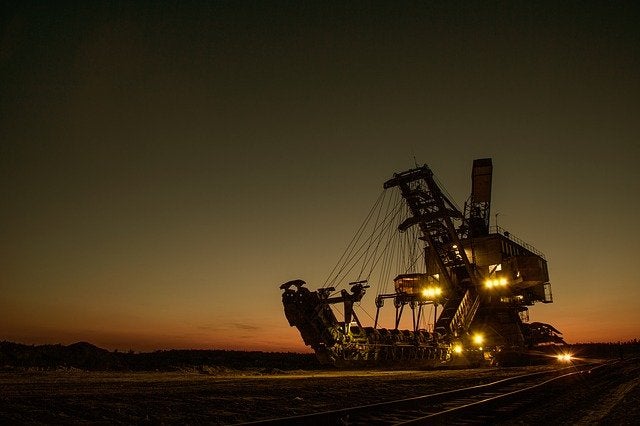
China-based Zijin Mining has started production at its Qulong copper mine in Tibet, 18 months after the acquisition of 50.1% equity interest in its operator Tibet Julong Copper.
Tibet Julong Copper holds mining rights for the Qulong copper and polymetallic mine, Rongmucuola copper mine and the Zhibula copper and polymetallic mine.
With several low-grade copper resources, the long-term resource reserves at Julong area are expected to be more than 20 million tonnes.
Together with with the production volume of the Zhibula copper mine and following the commencement of production at the Qulong mine, Julong Copper is expected to produce 120,000 to 130,000 tonnes of copper in 2022.
Qulong mining complex is a large, open-pit copper and polymetallic mining area, located in the Mozhugongka County, Lhasa, Tibet Autonomous Region (TAR) of China.
It was designed to be constructed in two stages, with Phase 1 being completed now.
The Phase 1 mining project is estimated to deliver an annual copper output of around 160,000 tonnes, after reaching its designed capacity.
The Phase 2 project is anticipated to have a daily capacity of 300,000 tonnes and produce 260,000 tonnes copper per annum.
Qulong copper mine has secured mining permit from the People’s Republic of China (PRC)’s Ministry of Land and Resources (MLR), in September 2016.
According to Zijin, Qulong is the largest copper mine to be located at the highest altitude area in China and would become one of the world’s largest copper mines.
Zijin Mining stated: “The completion of construction and commencement of production of phase 1 of Julong Copper are the results of the Old Tibetan Spirit demonstrated by the project team.
“Julong Copper will fully put the ideas of eco- development and co-development into practice, to exert positive effects on the promotion of ecological development, environmental protection, ethnic unity, employment and talent development and other aspects, as well as promote the social and economic development of the project location.”
According to the company, it has resumed the construction at the project after its acquisition in July 2020, with the support from the local government.
Also, it has optimised the project plan, organised the construction, prioritised the ecological development and environmental protection at the mining site, claimed the company.
Earlier this year, Zijin has agreed to acquire Canada-based lithium brine developer, Neo Lithium, in an all-cash deal worth C$960m ($770.45m).






